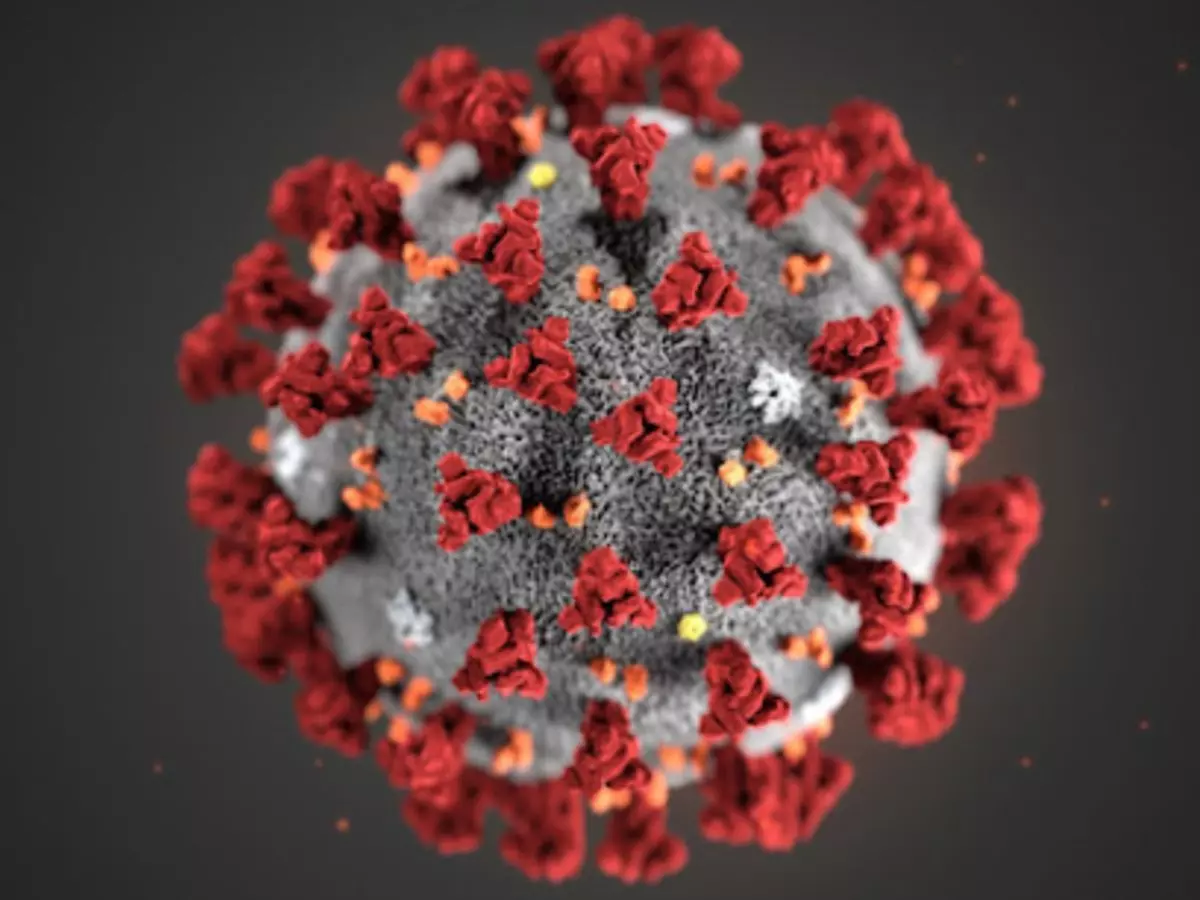COVID cases urge in South India due to new variants and dense urban spread; Maharashtra & TN lead in daily infections
India has recorded 1010 active COVID cases, with Kerala and Maharashtra leading the surge. The new variants NB.1.8.1 and NF.7 are being monitored by WHO, and experts advise caution, hygiene, and testing. Symptoms remain mild but contact tracing is on.

India is witnessing a fresh increase in COVID-19 cases, with several states reporting new infections. On May 27, the country recorded a total of 1010 active cases. Kerala, Maharashtra, Tamil Nadu, and Karnataka are reporting the highest case counts. Health authorities have urged people not to panic, as most cases are presenting with mild symptoms. However, advisories recommend basic hygiene and preventive measures as new variants emerge.
Kerala and Maharashtra report highest spikes
According to the Ministry of Health and Family Welfare (MoHFW), Kerala leads the current surge with 430 active cases, including 335 reported in a single day. Maharashtra follows with 210 confirmed cases, 154 of which were added recently. Delhi has reported 99 new cases, bringing its total count to 104. Gujarat, Karnataka, and Haryana are also showing upward trends in infections. Arunachal Pradesh recorded its first case earlier today and has begun contact tracing.
 Spike in south India¡¯s COVID cases linked to NB.1.8.1 | Credit: X
Spike in south India¡¯s COVID cases linked to NB.1.8.1 | Credit: X
New variants under watch, symptoms remain mild
The new COVID-19 variants identified are NB.1.8.1 and NF.7 ¡ª both protein mutations of the JN.1 strain. These are currently being monitored by the World Health Organization, but no immediate global health threat has been declared. Most of the infections are being seen in urban metro areas. While NB.1.8.1 may have stronger binding ability and could be more transmissible, its symptoms are generally mild. Reported symptoms include sore throat, low-grade fever, nasal congestion, fatigue, and mild gastrointestinal issues. WHO considers the health risk from NB.1.8.1 to be low at this stage.
Expert advice and vaccination still key
Experts recommend taking a rapid antigen or RT-PCR test if symptoms last more than 3¨C4 days. They also suggest avoiding crowded places and maintaining hygiene. Vaccination, mask use, and early testing continue to be emphasized by public health experts. As of now, seven deaths have been reported from Maharashtra, Karnataka, Rajasthan, and Kerala. Doctors have attributed these fatalities largely to pre-existing medical conditions.
Recap of India¡¯s COVID-19 experience
India experienced two major COVID-19 waves since March 2020, with Kerala being one of the first states to report over 30 cases. The pandemic lasted more than two years, affecting every sector, from healthcare to the economy. Over 5 lakh people lost their lives during that period. Now, while the new rise in cases is being closely watched, health officials assure that the current situation remains manageable.
For more news and current affairs from around the world, please visit Indiatimes News.
